What are Cat Supplements
Unlike medication, supplements aren't designed to treat a specific condition or disease. Rather, they aim to provide your cat with a boost of nutrients and vitamins that might be missing from her diet.
If you're feeding your cat the right food, she'll likely be getting everything she needs without the need for any additional supplements.
You can choose a general vitamin and mineral supplement or very specific formulas. If your cat is having trouble with issues such as hairballs, tick & fleas, arthritis or anxiety you can usually find a supplement to help them.
If you're at all unsure about whether your cat would benefit from a supplement, speak to your vet for advice.
Are Cat Supplements Necessary
Although many people like to give their cat supplements, not every cat is in need of them. If your cat is perfectly healthy and eats a well-balanced diet, he shouldn't need additional supplements.
Cat supplements should only be given as recommended by a veterinarian. He may recommend a supplement if your cat suffers from a medical condition that makes it difficult for his body to absorb enough nutrients or if he's not getting enough nutrients in his diet. In such cases, the supplement should provide what is missing in his diet to help him get back on track.
Types of Cat Supplements
There are many types of supplements for your cat which you will be able to find at pet stores these days. Some are designed specifically for cats with a particular disorder or health problem, while others are more general purpose.
Here we will take a look at some of the most common types of cat supplies on the market:
1.Vitamins and Minerals
Your cat needs a balanced diet of proteins and carbohydrates that are supplemented with vitamins and minerals. Vitamins help the body use food as fuel, while minerals build strong bones and teeth. Some vitamins cannot be made by the body at all and must be obtained from the diet and supplements.
These supplements come in a variety of forms: chewable tablets, gels, liquids, powders and even chewable treats.
2.Fatty Acids
Fatty acids are important for your cat's health. They help with muscle growth and development and keep your cat's skin and coat looking healthy.
These essential fatty acids must be obtained through food or supplements. The two main types of fatty acids are omega-3 and omega-6 fatty acids.
Omega-3 fatty acid is vital for the health of your kitty. Omega-3 fatty acid is found in fish oil and flaxseed, and contains a variety of antioxidants.
Omega-6 fatty acid is derived from plants, including sunflower seeds and safflower oil. It boosts your immune system and helps regulate body functions from
birth growth to brain development.
3.Probiotics
Probiotics can help maintain the pH balance in cats’ GI tract, improve digestion and boost their immune system. As a result, they can reduce the risk of your feline friend experiencing diarrhea or constipation.
Give your cat a probiotic supplement if he has digestive problems or if you have recently changed his food and he is having stomach issues.
You can find probiotics in liquid form or in capsules that you break open and sprinkle on your cat's food. You may also give your cat fermented foods that contain probiotics such as yogurt, kefir and sauerkraut.
What Supplements you Should Avoid
You may feel that it is necessary to supplement your cat's diet. However, there are some supplements that can be harmful to cats. Here are a few supplements that you should avoid giving to your cat.
1. Vitamin D
Feeding your cat too much vitamin D can cause serious health problems. For example, high levels of vitamin D can lead to a condition called hypervitaminosis D, which causes increased blood calcium levels.
Common symptoms of this condition include excessive thirst and urination, dehydration, loss of appetite and vomiting.
2. Vitamin C
Vitamin C is a common vitamin that humans take daily, but it can be incredibly dangerous for cats. It makes their urine more alkaline, which could lead to kidney stones (and can also mask other health problems). It can also upset their stomach and cause diarrhea and vomiting in some cases.
3. Calcium
As a cat owner, you should be careful about giving your cat calcium. Giving your cat too much calcium can cause a number of problems.
For instance, if you give your cat too much calcium, they may have bladder stones. Your cat can also have stomach and intestinal problems if they get too much calcium.
Why it's Important to Consult your Vet Before giving your Cat Supplements
The most important reason for consulting with your vet before giving your feline a supplement is to ensure the product's safety and efficacy.
There are many supplements on the market for cats. While some can be beneficial, others can cause harm.
Every cat is unique in their needs, metabolism, and overall health. This is why it's critical to take all these factors into consideration before administering any kind of supplement to your cat. You also need to consider how a supplement may interact with other medications or treatments your cat is taking.
A nutritional assessment from your vet can help determine whether your cat has any nutrient deficiencies that need supplementation, and if so, which specific vitamins or minerals would be beneficial for them.
Frequently Asked Questions
1. Are supplements necessary for cats?
Although your cat needs certain amounts of each specific nutrient to be healthy, more is not always better. This is particularly true of vitamins and minerals, so the use of supplements is usually not necessary if you are feeding a balanced and complete diet.
2. What is a good source of vitamins for cats?
Most cat foods contain all the necessary vitamins and minerals that a cat needs. Essential fatty acids: Omega-3 fatty acids and omega-6 fatty acids are touted for their ability to keep a cat's coat shiny and to prevent shedding. They also protect a cat's immune system, liver, eyes, brain, and joints.
Published By: Admin
Published On: 6-May-2022

 0
0 







